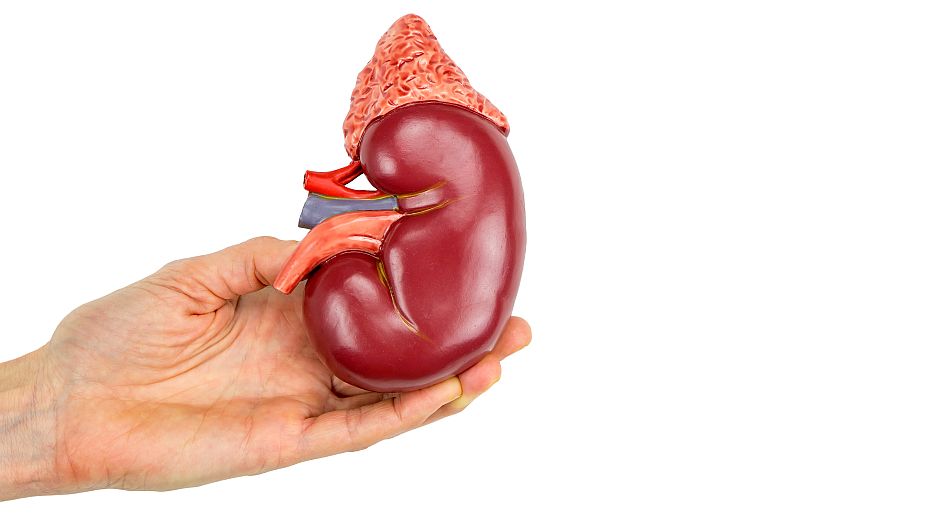MP tops in sickle cell mission, achieves 100% target
Madhya Pradesh has earned the distinction in the screening of sickle cell disease and distribution of sickle cell cards in the country.
People with high fitness during their middle ages are significantly less likely to die from heart diseases in later life.

(Photo Source: Getty Images)
People with high fitness during their middle ages are significantly less likely to die from heart diseases in later life even if they were diagnosed with depression, researchers including one of Indian-origin suggested.
The study, published in the journal of the American Medical Association Psychiatry, found that participants with high fitness were 56 per cent less likely to die from heart diseases following a depression diagnosis.
Advertisement
Depression has been linked to several other chronic medical conditions such as diabetes, obesity and chronic kidney disease, but taking anti-depressants are likely to help.
Advertisement

But according to the researchers, for patients with these conditions, the more appropriate treatment may be exercised.
The researchers said the reasons behind this may partly be connected to the general health effects of physical activity, including the fact that exercise decreases inflammation that may cause depression.
By reducing inflammation, the risk for depression and heart diseases are lowered, the researchers mentioned.
“The earlier you maintain fitness, the better chance of preventing depression, which in the long run will help lower the risk of heart diseases,” said co-author Madhukar Trivedi from the University of Texas Southwestern Medical Centre in the US.
For the study, the researchers examined database of nearly 18,000 participants who had their cardio-respiratory fitness measured at an average age of 50 years.
The researchers used Medicare Administrative data to establish correlations between the participants’ fitness at midlife to rates of depression and heart diseases in older age.
“There is enough evidence to show that the effect of low fitness on depression and heart diseases is real. But further study is needed to establish the mechanism by which this effect happens,” Trivedi noted.
Advertisement